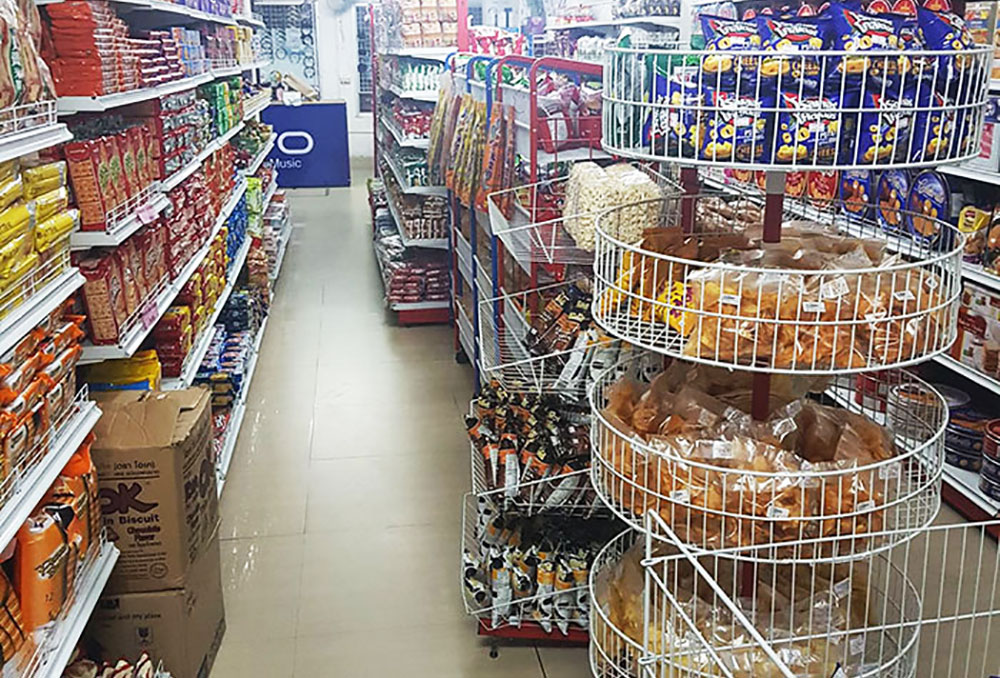Yangyel Lhaden
Despite the customs duty revision two months ago, prices of imported third-country goods have not dropped, according to retailers and shoppers.
The Customs (Amendment) Act 2021 which came into effect in July was expected to make the third-country goods except for automobile, tobacco, and alcohol cheaper in the local market to benefit the consumers.
Customs duty on third-country imports is reduced to uniform 10 percent or zero from the rates up to 50 precent prior to revision.
An importer in Thimphu said that it was difficult to reduce the price of third-country imports with an increase in transportation charges and daily overhead charges when vehicles were stranded in Phuentsholing. “Vehicles get stranded for weeks in mini-dry port (MDP) in Phuentsholing and we have to bear the overhead charges.”
He said that if there was no issue in transportation from MDP consumers could expect cheaper rates on third-country imports.
A wholesale dealer said that if the reduced customs duty did not come into effect the prices of third-country imports would have soared in the market. “We can balance the rate and not increase the rate of commodities because there is tax reduction.”
Phurba, the owner of shop Number 7, said that wherever possible prices of certain third-country goods were reduced.
More discounts would be given when the situation improves.
A wholesale dealer who imports canned meat said that she was planning to import this year’s batch next month. “I can assure the price in the market will not increase but considering the pandemic, the price will also not drop.”
Another wholesale dealer said that the price of third-country goods was decided by the market. He said, for instance, Pringles cost Nu 90 at the source and it was sold for Nu 200 in Bhutan. “If people did not go for Pringles and bought another brand of chips the price of Pringles will naturally go down.”
He said that how much the price of third-country imports would reduce will also depend on consumer’s choices and market competition. “Importers know the cost price and it’s up to them how much to reduce.”
He added, if the market is comfortable with Nu 10 reduction and people still buy then there might not be a further reduction.
Consumers who talked to Kuensel said that the intent of the revision in customs duty has not been met since it has only benefited the importers.
The Ministry of Finance on July 23 notified that it will refund the customs duty levied in excess of the new rates on the goods imported on or after May 31.
An official from the Department of Revenue and Customs (DRC) said that they were in the process to refund the excess customs duty as lockdown in Phuentsholing delayed the procedure.
He said that the reduced customs tax was intended to benefit the consumers and when consumers are not getting the benefit the importers are not entitled to a refund. “For the refund, the importers have to prove they sold the goods at a reduced rate through their detailed cash memo.”
The official added if transportation charges were the reason for not reducing the market price of goods then why did shopkeepers not reduce the price of commodities of the goods during the lockdown when fuel price was at the lowest at Nu 60. “A strong monitoring on the ground is important so that consumers’ right is ensured.”
Edited by Tshering Palden


